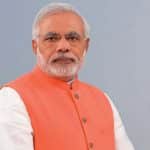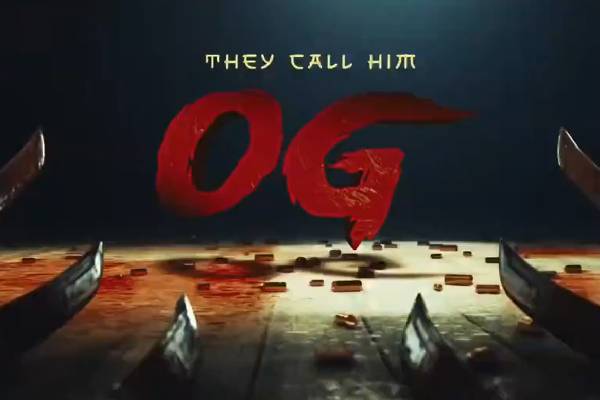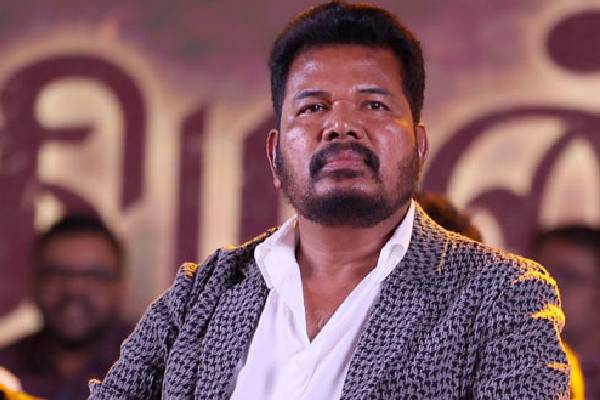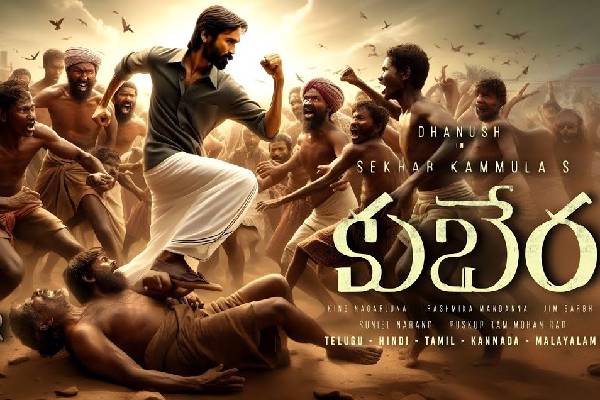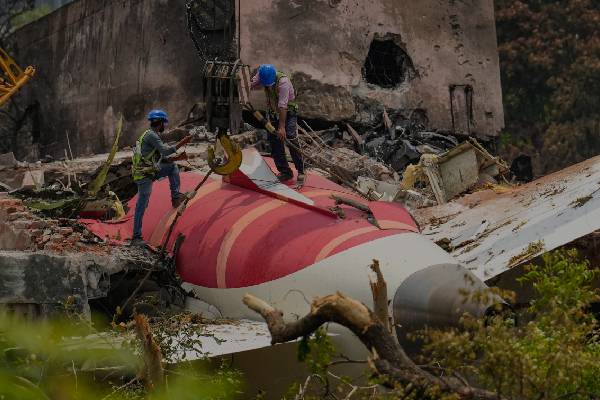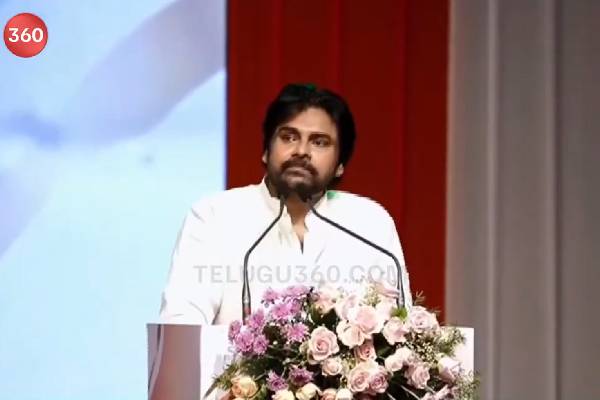GST
-
Government Proposes GST Rate Hikes on Cigarettes and Cold drinks ? December 3, 2024

-
GST : Cream, Bun and Tax evasions September 15, 2024

-
Cheer to film industry as Govt slashes GST on movie tickets December 22, 2018

-
One year of GST: Long way to go for a simple, uniform tax regime June 28, 2018

-
GST Row: Troubles continue for Ram Gopal Varma April 4, 2018

-
Did RGV shoot GST in Hyderabad ? February 24, 2018

-
Tollywood’s top producer booked for GST evasion February 22, 2018

-
Woman Activist Mani turns down RGV’s apology on Live TV Show! February 17, 2018

-
Live Updates – CCS Police 10 Questions to RGV February 17, 2018

-
RGV makes a fortune with GST February 4, 2018

-
GST has stabilised, opportunity for rationalisation: Jaitley January 27, 2018
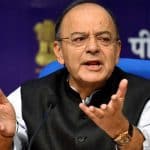
-
RGV responds to plagiarism allegations January 25, 2018

-
MM Keeravani music for RGV’s film with porn star January 16, 2018

-
GST impact to slowdown India’s 2017-18 GDP growth to 6.5% January 6, 2018

-
GST made 2017 most significant year for economy since Independence December 26, 2017
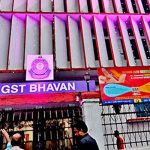
-
Silambarasan Comes Up With New Song On GST, Note Ban November 13, 2017

-
Note ban, GST ‘twin blow’ to economy, winds of change blowing in Gujarat: Manmohan November 7, 2017
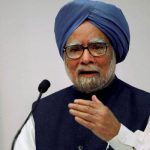
-
‘Mersal’ controversy: Criticising GST is perfectly legitimate, says Shatrughan Sinha October 31, 2017

-
GST Intelligence Agency Raids on Vishal October 23, 2017

-
Chennai multiplexes strike against double taxation on tickets October 3, 2017

-
Top BJP leader’s sensational comments on recession in India and on Modi government September 29, 2017
